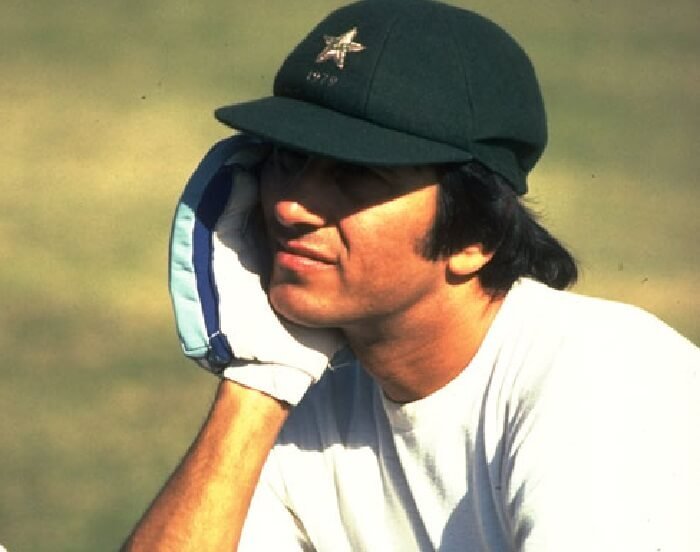Majid Khan is counted among the legends of Pakistani cricket. He has the right pedigree, the right grounding, the right background, and a family that’s left its own indelible mark on the history of Indo-Pakistan cricket. Majid’s father, Muhammad Jahangir Khan, an all-rounder who bowled right-arm medium-fast, had the honor of being in the first eleven that played in a Test match for India against England at Lord’s in 1932.
Jahangir Khan played in four Tests for India in those early years, and, in 2005, Majid’s son Bazid Khan continued with the legacy by appearing in a Test match for Pakistan in the West Indies. Only the Headleys of the West Indies had attained this feat—father (George), son (Ron), and grandson (Dean Headley played for England)—all going on to play Test cricket.

Majid Khan was born in Ludhiana, India, on September 28, 1946. Apart from his father, his first cousins, Javed Burki and Imran Khan also went on to play Test match cricket and also captain Pakistan. Javed Burki is also Majid’s brother-in-law, as Majid is married to the former’s sister Seema. Other cousins, like Humayun Zaman and Javed Zaman, have played first-class cricket.
One of Majid’s daughters—he has two—is married to Javed Zaman’s son, Babar Zaman, also a first-class player. Another nephew, Kamran Khan, also played first-class cricket. Uncle Mohammad Baga Jilani appeared in a Test match in England back in the year 1936. Majid’s one-year older brother, Asad Jahangir, played first-class cricket, both in Pakistan and England.
Majid Khan started his first-class career in 1961–62, when he was only 15 years old, taking six wickets for 67 runs with his right-arm fast-medium and playing a brilliant knock of 109 off just 93 balls with 16 fours. He was once a new ball bowler in a Quaid-e-Azam Trophy championship match for Lahore B against Khairpur at Lahore. When Lahore B batted, he hit an unbeaten 111, having come in at number seven.
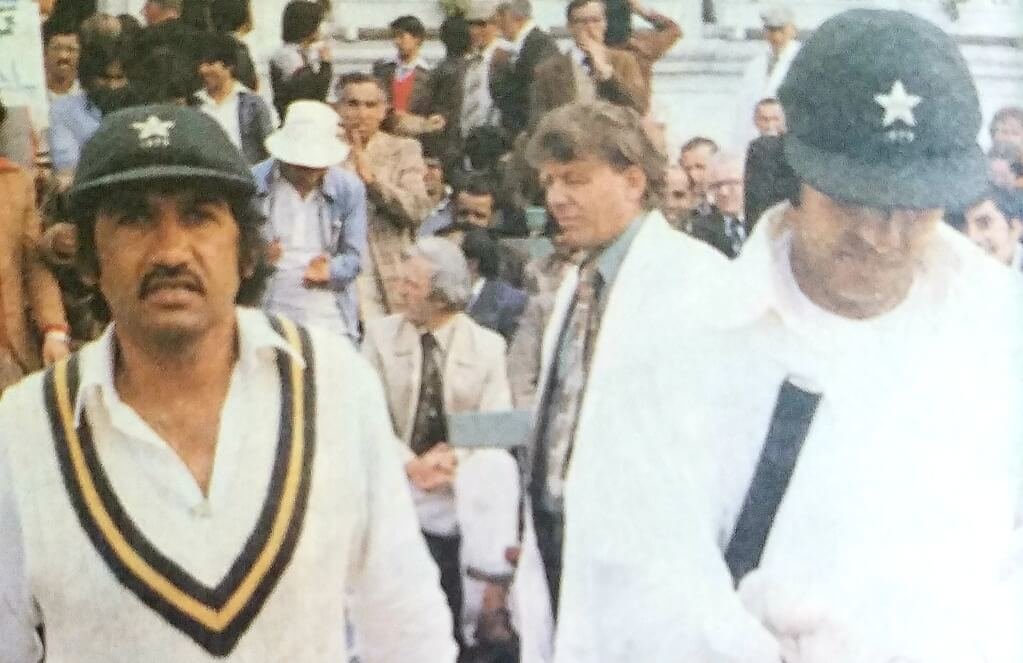
In 1964–65, when he appeared in his first Test match—against Australia at Karachi—he opened the Pakistan bowling with another debutant, Asif Iqbal. Later in his career, when he became one of Pakistan’s leading batsmen, who mostly opened the innings, Majid turned to bowl off-spin.
A product of the prestigious Aitchison College and Government College in Lahore, Majid played in 63 Tests for Pakistan from 1964–65 to 1982–83. In these, he made 3,931 runs at an average of 38.92 with eight hundred and 19 half-centuries. As one of the country’s leading fielders, he held 70 catches, including five in the role of emergency wicketkeeper.
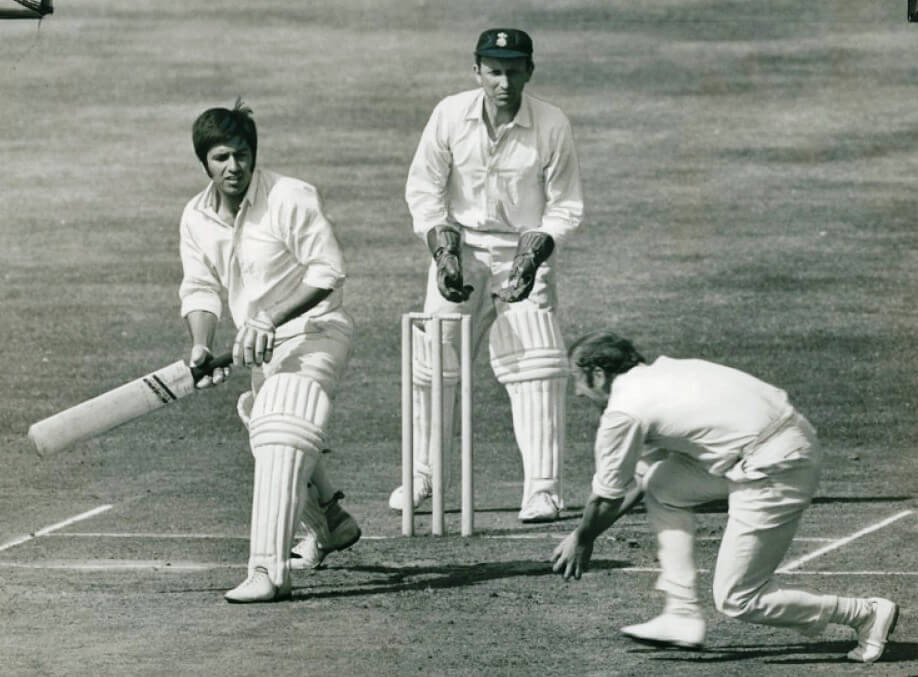
In addition, he captured 27 wickets as a bowler at 53.92 runs each. His highest score of 167 and best bowling figures of 4-45 came in the same Test match—against the West Indies at Georgetown in 1976–77. In 23 one-day internationals from 1972–73 to 1982, Majid scored 786 runs (average 37.42) with one hundred and seven fifties and a strike rate of 74.71.
His highest was a knock of 109, not out of just 93 balls, 16 fours, and a six against England at Nottingham in 1974. This was also the first century of ODI cricket for Pakistan. He held three catches in these matches and took 43 wickets at 28.76 apiece, with the best of 3-27 and an economy rate of 3.41 runs per over.
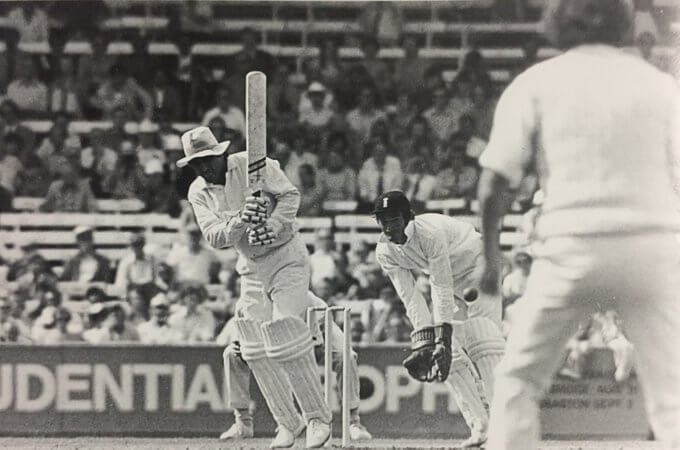
Majid played first-class cricket for various teams from 1961–62 to 1984–5. These were Lahore/Lahore City (1961-62 to 1982-83), Lahore Education Board (1964-65), Punjab University-Lahore Education Board (1964-65), Central Zone (1966-67), Punjab University (1967-68), Combined Universities (1967-68), Glamorgan (1968-76), Pakistan International Airlines—PIA (1968-69 to 1980-81), Cambridge University (1970-72), Queensland (1973-74), Punjab (1974-75), and Rawalpindi (1984-85).
In addition, he also played first-class cricket for the Pakistan Eaglets (1963), Pakistan Under-25s (1966–67), Oxford and Cambridge Universities (1972), and NWFP-Baluchistan (1978–79). In his 410 first-class appearances, Majid scored 27,444 runs (average 43.01) with 73 centuries and 129 fifties, held 410 catches, and captured 223 wickets at 32.14 runs each with four five-wicket hauls. His highest score was 241 for the Lahore Greens against Bahawalpur at Lahore in 1965-66, and his best bowling figures were 6-67 in his debut match.
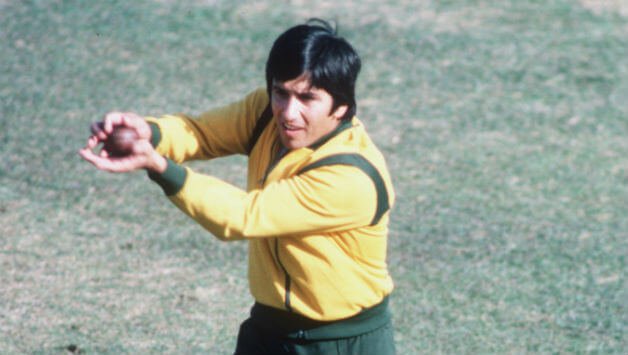
Majid hit an exact 200 for Cambridge University against Oxford University in their annual match at Lord’s in 1970. Majid’s major tours with Pakistan teams were to England in 1967, 1971, 1974, and 1982; Sri Lanka in 1972–73; Australia in 1972–73; 1976–77; 1978–79; and 1981–82; New Zealand in 1972–73 and 1978–79; the West Indies in 1976–77; and India and Bangladesh in 1979–80 (as vice captain).
He also toured England in 1975 and 1979, as vice captain, for the World Cup competitions. In addition, he toured England with the Pakistan Eaglets (1963), Zambia with Glamorgan (1972–73), England with PIA (1976), England with the Pakistan Under-25s (as captain, although he himself was nearing 35 in 1981), Canada with the Rest of the World XI (1989), Sharjah with the Pakistan Masters for the Master’s Cup (1995–96), and England with the Zaman Park Wanderers (2001).
Majid also played for Colwyn Bay in England (1963), the Rest of the World XI in England and Canada (1968–89), South of England (1971), and the World Series Cricket (WSC) World XI in Australia (1977–78 to 1978–79). Majid captained Pakistan only briefly.

He assumed this role in the three home Tests against England in 1972–73. All three ended as drawn. Majid Khan was also a captain in two World Cup one-day internationals in England in 1975. One match was won, and the other was drawn. While playing for Glamorgan in the English County Championship during a period spanning nine years, Majid was their captain from 1973 to 1976.
He enrolled at Cambridge University in 1970 to study archaeology and anthropology and completed them in 1971 and 1972. Majid was named one of the Wisden Cricketers of the Year in 1970, and he won the Walter Lawrence Trophy for hitting the fastest century of the England season in 1972. The latter was also his best season in England when he scored 2,074 runs (average 61.00) in 21 first-class matches with eight hundred (highest 204) and nine fifties.
In 1976–77, Majid Khan became only the fourth batsman in Test cricket history to score a hundred before lunch on the first day of a match. He made 108, not out of his eventual 112 off 130 balls with 18 fours and two sixes in the third Test of the series against New Zealand at National Stadium in Karachi.
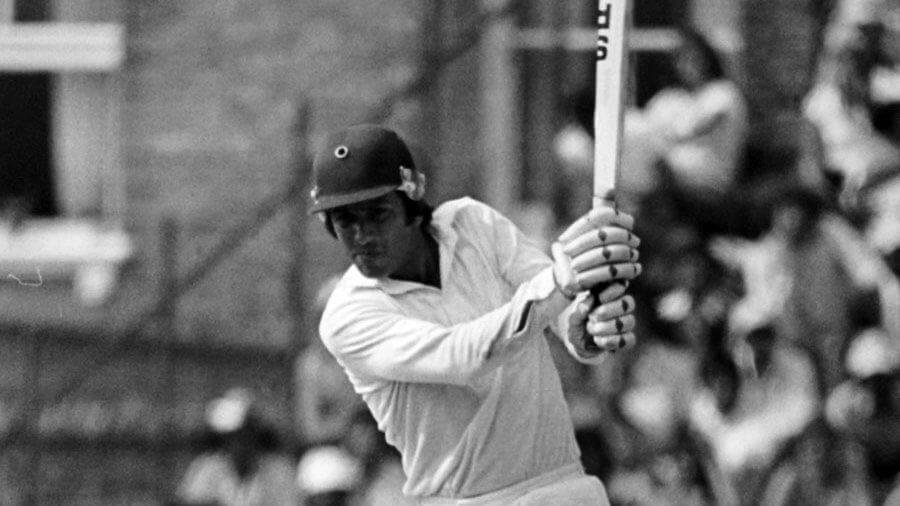
Majid thus joined Australia’s VT Trumper, CG Macartney, and DG Bradman in this distinguished list. It was also one of the fastest centuries in Test cricket, having taken only 74 balls to make. Majid Khan served as an International Cricket Council (ICC) match referee in four Test matches—Australia in the West Indies, 1994–95. He was also an umpire in five first-class matches in 1985–86 in Pakistan.
In the mid-1980s, Majid Khan was appointed as Director of Sports Pakistan Television (PTV) and later its Sports Controller. He was the national cricket selection committee chairman in 1992–93 and was the Pakistan Cricket Board (PCB) Chief Executive from May 1996 to May 1999.
In 1998–99, he was a member of the technical committee of the Asian Test Championship and also served on various ICC committees. He was manager of the Pakistan team on its tours of New Zealand in 1993–94 and Sharjah in 1995–96. He is presently settled in Islamabad.
